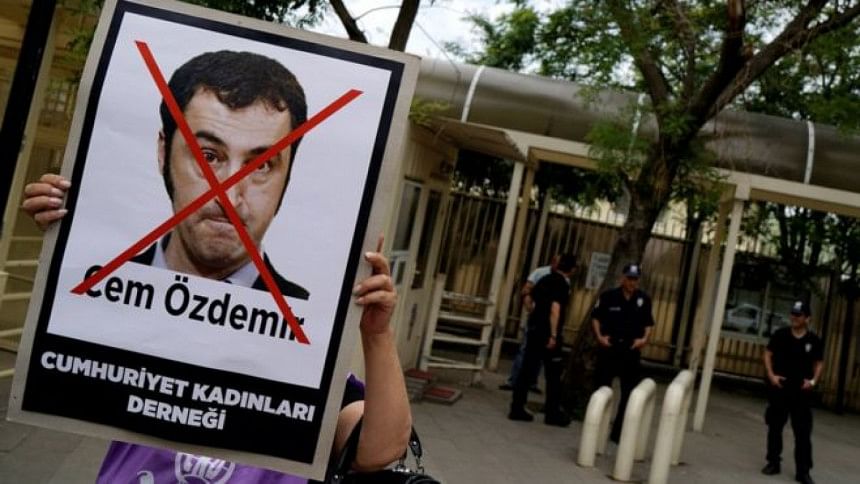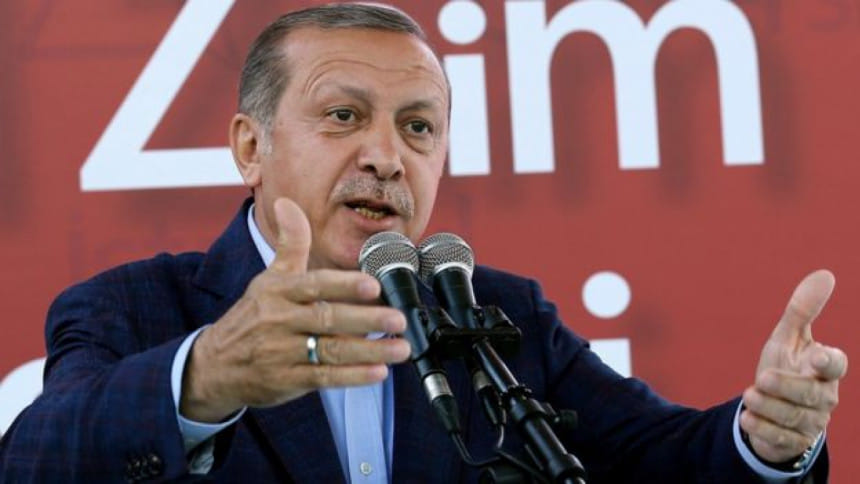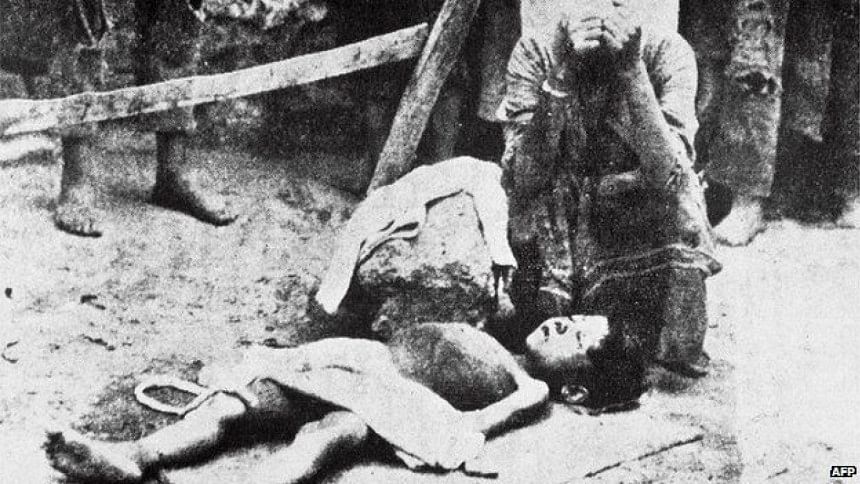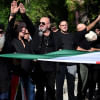11 German MPs threatened in 'genocide' row

Eleven German MPs of Turkish origin have been put under police protection.
They received death threats after supporting a move to describe the 1915 massacre of Armenians by Ottoman Turks as genocide.
Germany's foreign ministry has warned MPs of Turkish origin against travelling to Turkey, saying their security there could not be guaranteed.
The German parliament's move outraged the Turkish government, which does not recognise the killings as genocide.
Germany's genocide vote inflames tensions with Turkey
The 11 MPs of Turkish origin who voted for the resolution have faced a backlash of negative opinion from the Turkish government and from within Germany's sizable Turkish community.
Turkish President Recep Tayyip Erdogan castigated them, saying: "What sort of Turks are they?"
Ankara's mayor showed the 11 MPs in a tweet, saying they had "stabbed us in the back". According to German media, it was retweeted by many Turkish nationalists, some of whom made death threats.
And a group of Turkish lawyers has reportedly filed a complaint accusing the MPs of "insulting Turkishness and the Turkish state".

Earlier this month, Turkey recalled its ambassador from Berlin in fury after the German parliament voted overwhelmingly for the Armenian "genocide" resolution.
Turkish nationalists who rallied against the German MPs' vote made the sign of the Grey Wolves, a nationalist group that has murdered leftists and liberals in the past.
The leader of Germany's Green Party, Cem Ozdemir - who initiated the debate on the Armenian massacres in the Bundestag - told a newspaper he had been sent emails saying things like: "We will find you anywhere."
He said well-informed friends in Turkey had told him to take the threats seriously.
Armenians say up to 1.5 million of their people died in the atrocities of 1915, during the Ottoman Empire's collapse in World War One. Turkey says the toll was much lower and rejects the term "genocide".
ARMENIAN GENOCIDE DISPUTE
--Hundreds of thousands of Christian Armenians died in 1915 at the hands of the Ottoman Turks, whose empire was disintegrating
--Many of the victims were civilians deported to barren desert regions where they died of starvation and thirst. Thousands also died in massacres

--Armenia says up to 1.5 million people were killed. Turkey says the number of deaths was much smaller
--Most non-Turkish scholars of the events regard them as genocide - as do more than 20 states including France, Germany and Russia, and some international bodies such as the European Parliament
--Turkey rejects the term "genocide", maintaining that many of the dead were killed in clashes during World War One, and that many ethnic Turks also suffered in the conflict

 For all latest news, follow The Daily Star's Google News channel.
For all latest news, follow The Daily Star's Google News channel. 








Comments